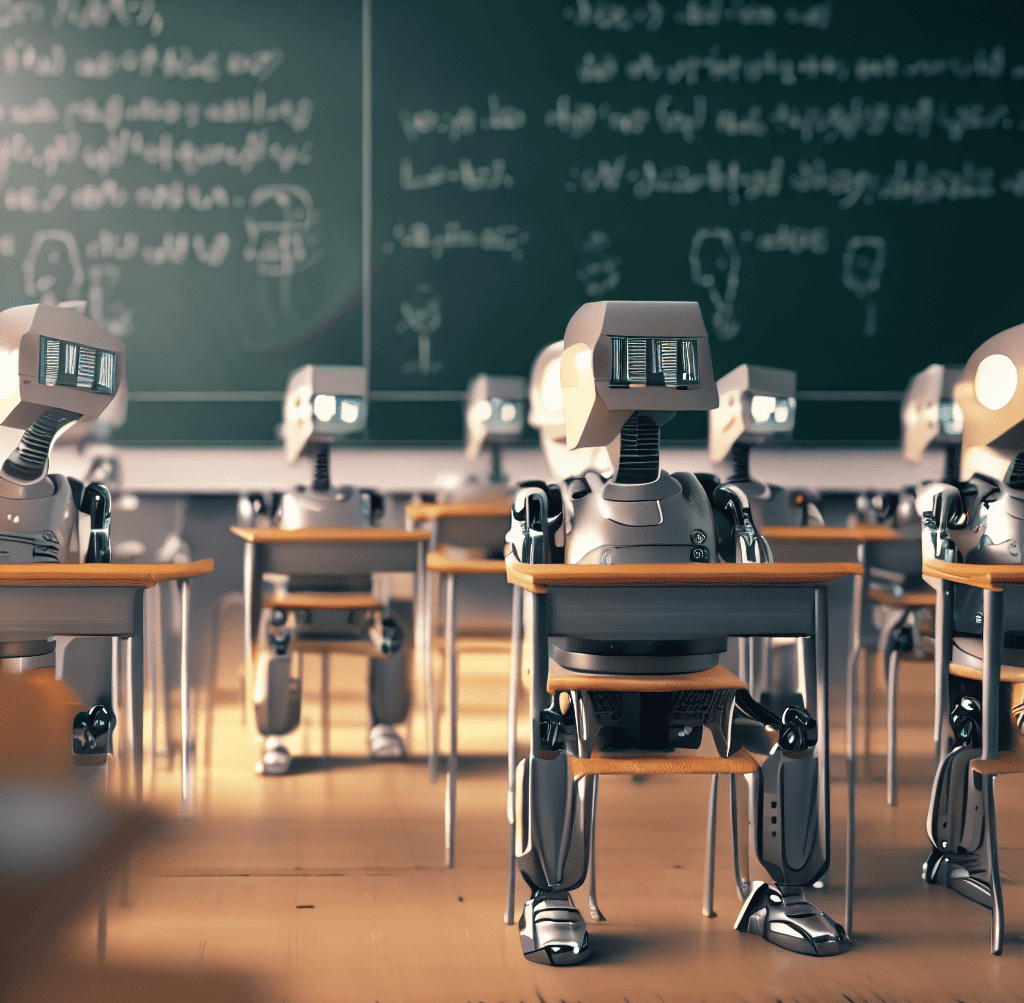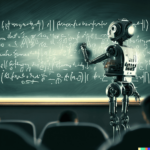Image this: It is the evening prior to the ultimate submission of your thesis that you have poured your heart into. You hit the submit button, expecting to really feel a sense of accomplishment. But as an alternative, you acquire a notification that your paper has been flagged for AI-plagiarism by an AI instrument, and you are now below investigation.
Your heart sinks as you understand that your academic job, which you have tirelessly created, is hanging by a thread simply because of a instrument that is supposed to catch cheaters.
This is not a hypothetical situation for some college students it is their actual-daily life horror story.
A Nightmare Unfolds
Allow us commence by hunting at the situations of Louise Stivers and William Quarterman, the two college students at the University of California Davis. They have been falsely accused of using AI chatbots to publish their papers, primarily based on the examination of TurnItIn and GPTZero – AI detection equipment utilized by their institution.
In Louise’s situation, Turnitin flagged her paper for plagiarism. This sudden incident not only brought on immense tension but also adversely impacted her academic functionality and took a toll on her psychological well being.
Louise, who was a political science pupil in her final semester, had to consider the activity of defending herself, all even though striving to maintain up with her research and applications to law college.
William Quarterman, on the other hand, was falsely accused of plagiarism by his professor primarily based on the examination of the AI-detection instrument GPTZero, and failed him as a end result.
For the two college students, the preliminary accusations appeared like an uphill battle. Nevertheless, their paths crossed and Quarterman, along with his father, was ready to supply Louise with much-needed advice and support.
The irony right here is that the equipment made to preserve academic integrity have brought on innocent college students an mind-boggling quantity of tension and distraction from their real academic targets.
The Flawed Crusaders of Academic Integrity
AI detection equipment like Turnitin and GPTZero are more and more becoming utilized by educators to keep track of and examine for plagiarism and content material generation utilizing AI chatbots. Nevertheless, as in the situations of Stivers and Quarterman, these equipment have proven important flaws.
OpenAI’s ChatGPT, for instance, has been acknowledged by its very own makers to be unreliable in discerning human-written content from AI-generated text.
In one more alarming incident at Texas A&M University, Dr. Jared Mumm, an instructor, allegedly used AI detection inaccurately and informed a huge portion of his class that they would acquire zeros on assignments.
He believed that the assignments have been written by an AI chatbot, ChatGPT. Dr. Mumm’s hasty actions without having ample proof or comprehending of the tool’s limitations positioned many students’ academic futures in jeopardy.
These incidents reveal the gaps in the deployment and utilization of AI equipment in academic settings. Turnitin’s AI detection instrument, which was nevertheless in beta testing for the duration of the Stivers incident, claimed a 98% accuracy price but also acknowledged the presence of false positives. Although TurnItIn just released new guidelines on their software, issues nevertheless continue to be concerning the engineering behind what they’ve produced.
The Human Element: A Missing Website link?
An essential element to take into account is the reliance on AI equipment as the sole arbiters of academic integrity. The human issue – the vital evaluation by educators – is typically missing.
Some educators across the globe have been relying solely on the AI program’s suggestions without having applying any personalized judgment or permitting space for college students to current their defense. This is an really unfair stance to consider on this kind of a new technological revelation.
It is crucial for educators to strike a stability amongst engineering and human discernment. Although AI can be an superb instrument for preliminary screening, it is the duty of the educators to make certain fairness and accuracy by critically analyzing any AI-created outcomes.
In direction of a Balanced Method
What then can be carried out to stop more situations of false accusations?
- Educating the Educators: Educators must be educated on the limitations of AI detection equipment and be encouraged to use them only as preliminary equipment and not as definitive evidence.
- Incorporating Human Judgment: A balanced strategy that incorporates human judgment is important. Educators must critically analyze the outcomes from AI equipment and give college students the possibility to current their situation.
- Transparent Communication: Institutions must talk transparently about the equipment becoming utilized, their limitations, and the methods concerned in the situation of any accusations.
- Policy Revisions: Academic institutions must revisit their policies concerning academic integrity, with an emphasis on fairness and offering college students an ample likelihood to defend themselves.
- Suggestions Loops: There must be suggestions loops to boost AI equipment. Consumers of these equipment must be encouraged to report inaccuracies to the developers.
The Street Ahead
As AI engineering continues to evolve, it is important to acknowledge its limitations and strategy its deployment in academic settings with caution and sensitivity. The situations of Stivers, Quarterman, and the college students of Texas A&M University underscore the want for a far more balanced and human-centric strategy to upholding academic integrity in the age of AI.
It is time for academic institutions to identify that in the quest for integrity, the undue reliance on imperfect equipment must not jeopardize the futures of the quite college students they are meant to educate and empower.




